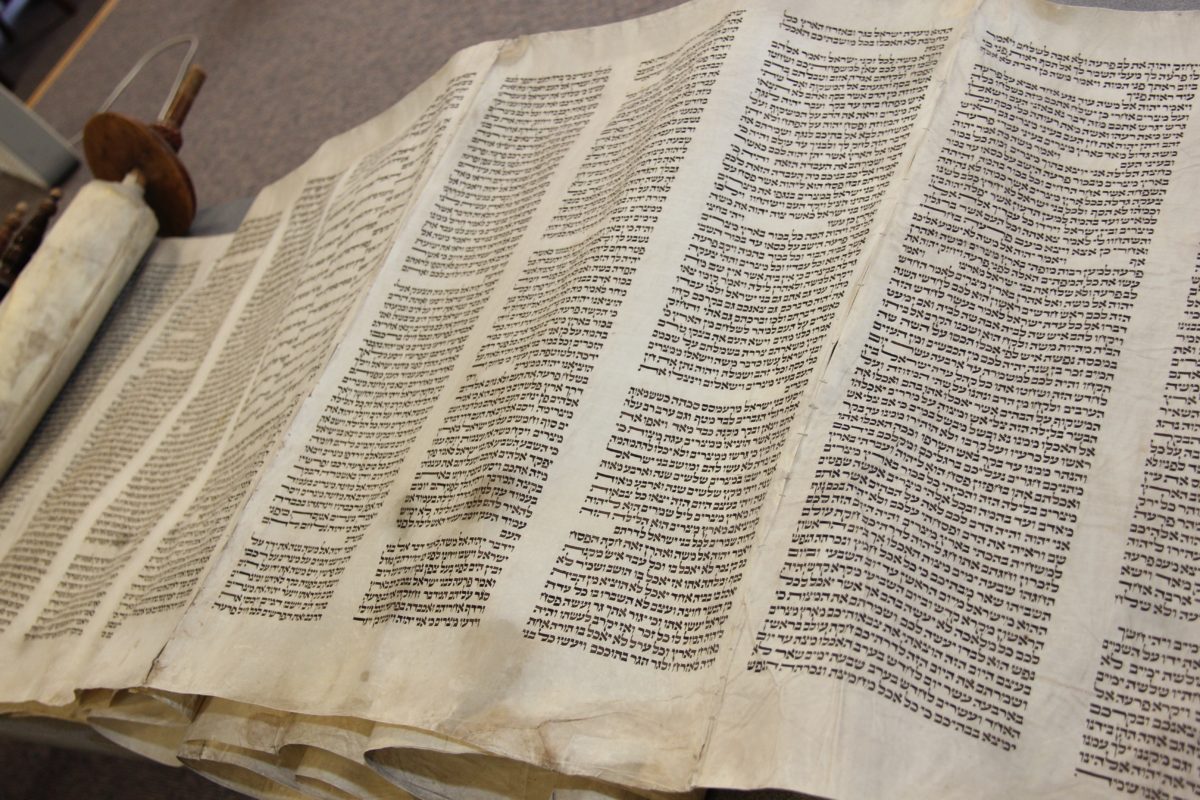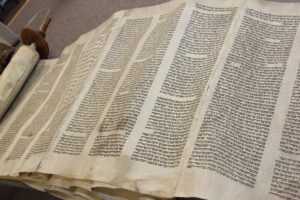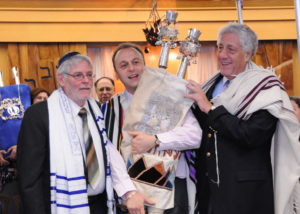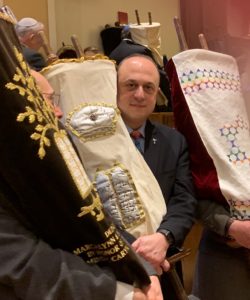
One of my favorite jobs as President is to work with our Board and encourage conversations that help TE move forward. The Board’s responsibility is to oversee TE’s strategic and financial policy, develop funds for the organization, and advocate for the organization. I thought I would share many of the significant issues that have been discussed and the decisions that have been made by the Board over the last year. Please use this as a springboard to ask me or the Board questions.
It seems amazing that it was only December 2014 that the Board listened to the bids of many contractors and chose Pat Panza’s company to complete our building project. Over the year, the Board made numerous decisions picking an alarm company, an HVAC system, a solar company, a demolition company, as well as working on the other details of getting through a huge project. I am grateful for the extraordinary vision of Alan Kliger with fundraising, Dave Pokras for building design, Bruce Spiewak for project management, Len Farber for money management, Rise Siegel for interior design, and Anne Eisner for landscaping. Their leadership has helped us accomplish a really miraculous feat!
On the fiscal side, the Board approved a budget, hired a bookkeeper, changed banks (we are now at Webster), and resolved to pay our URJ dues that were in arrears. They also unanimously passed two important Finance Committee motions regarding our very successful Legacy Program. These are:
- A Policy for Allocation of Leave a Legacy Gifts into Temple Emanuel Accounts:
Leave a Legacy donors shall be offered the option of having their unrestricted gifts deposited into the Temple Emanuel Investment Account at the Jewish Foundation of Greater New Haven, the Temple Emanuel Capital Reserve Account, and/or the Temple Emanuel Operating Account in the percentages they designate, or, when there is no donor designation, the gift shall be deposited by “default allocation” 50 percent in the Investment Account and 50 percent in the Capital Reserve Account.
- A Policy for Disbursing Funds from the Temple Emanuel Investment Account at the Jewish Foundation of Greater New Haven:
The Temple Emanuel Investment Account shall be allowed to grow until the value reaches $100,000 before any disbursement of funds is made. At that time, for each year that the value of fund on December 31 is $100,000 or greater, for every $100,000 in the fund, Temple Emanuel will disburse $2,500. The disbursement shall occur in July and be incorporated into the fiscal year budget as “investment income” when the budget is presented for approval by the congregation.
Both policies will remain in place until 2020, at which time the Board may renew the policies or change them.
Come celebrate our Legacy Donor program with dinner and Shabbat services on Friday, January 22. Our Legacy Donor Program has been the most successful program in the Greater New Haven area under the steady guidance of Ed Cantor, Phil Pivawer, Rise Siegel, and Jean Silk.
Finally, the Board has helped with or led many of our programs in Adult Education, fund and friend raising, and a renewed committed to Tikkun Olam projects. From the Blood Drive to the Chanukah basket program to support for our newly established TE Refugee Resettlement Team, the Board has moved us forward in our resolve to repair the world. We have many challenges to take up in the coming years: our engagement with Israel, our ability to attract teens and young families with innovative programs that matter, and our ability to be more inclusive to our transgender and gender non-conforming individuals. I am confident that the TE community and the TE Board are up to the challenge.




 ry 22, 2016
ry 22, 2016
 There is a very special Torah scroll that we have at Temple Emanuel. It used to live in our Ark, together with other Torah scrolls, and generations of TE bar and bat mitzvah students read from this very scroll on their special day. A powerful symbol of Jewish survival and continuity, this scroll was lovingly ‘retired’ a number of years ago, as it is quite fragile – and it has been displayed ever since in our foyer. It was last used at the installation service of Rabbi Farbman, as it was passed from Rabbi Winer, via every one of the living TE past presidents, to Rabbi Brieger and then to Rabbi Farbman in a most moving ceremony.
There is a very special Torah scroll that we have at Temple Emanuel. It used to live in our Ark, together with other Torah scrolls, and generations of TE bar and bat mitzvah students read from this very scroll on their special day. A powerful symbol of Jewish survival and continuity, this scroll was lovingly ‘retired’ a number of years ago, as it is quite fragile – and it has been displayed ever since in our foyer. It was last used at the installation service of Rabbi Farbman, as it was passed from Rabbi Winer, via every one of the living TE past presidents, to Rabbi Brieger and then to Rabbi Farbman in a most moving ceremony. This Torah scroll comes from a very special collection that is housed in London at the Memorial Scrolls Trust.
This Torah scroll comes from a very special collection that is housed in London at the Memorial Scrolls Trust.



